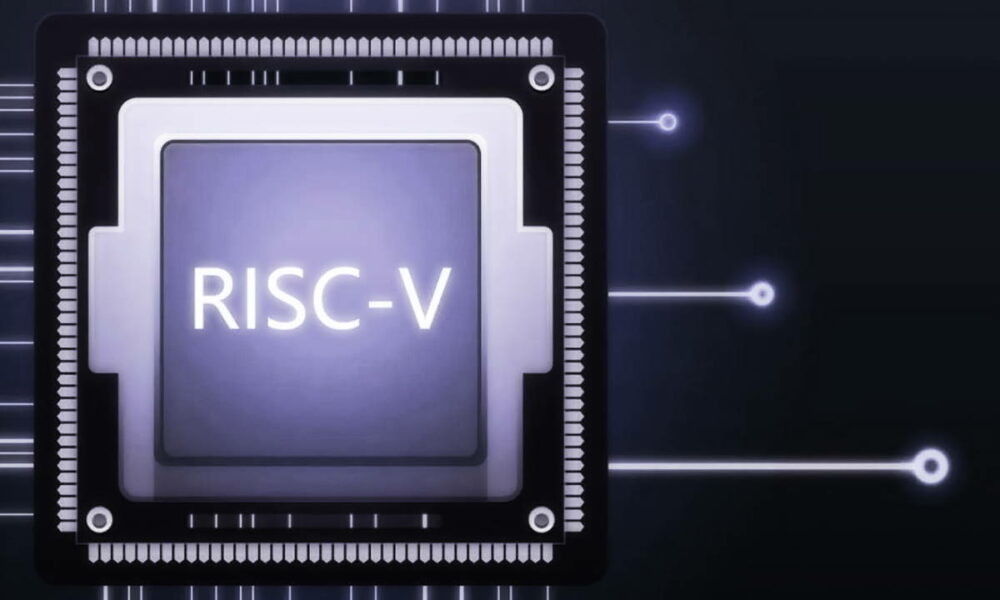
Linux Foundation Europe, the European arm of the non-profit organization dedicated to promoting free and open source software, has announced the launch of the RISE project, a complete software ecosystem for the RISC-V platform.
RISE (RISC-V Software Ecosystem) aims to bring together a wide range of software and hardware vendors to “accelerate the availability of software for high-performance RISC-V kernels running on high-end operating systems for a variety of market segments”. Founding members include some of the biggest tech companies: Google, Intel, MediaTek, NVIDIA, Qualcomm, Samsung and Red Hat.
RISC-V is the industry’s most promising processing platform in pursuit of what they call “Open Source chip”. The project was officially born in 2010 at the Californian University of Berkeley and the Foundation that supports it has more than 300 members. Their goal is to develop a new open source chip design based on RISC architecture that offers a cheaper (and open) way of manufacturing semiconductors for current applications and all the new technologies that are coming for autonomous vehicles, Artificial Intelligence, Reality Virtual or data centers.
The idea is that any foundrie can manufacture products under this architecture no need to pay for intellectual property licenses. Taking the example of Linux (and other related FOSS technologies) the bet is to create something new from the ground up, an Open Source processor architecture free from any company or entity and in collaboration with the biggest players in the industry.
RISC-V requires software
Although the platform is in its infancy, we have already seen quite a few hardware solutions under RISC-V, laptops, tablets or mini-PCs. Although there are still years to reach mass consumption, there are very important projects underway at a more professional level, such as the choice of SiFive RISC-V as the main processor of NASA’s high-performance space flight computer (HPSC), the new generation of the computer system that will form the backbone of future manned and unmanned missions that will take humans to Mars.
And it takes software, a lot of software, and here the platform is even more in its infancy. Hence the importance that an organization like the Linux Foundation promote it in a project like RISE. The Foundation says it will contribute both engineering talent and financial support to address the specific software needs that the project’s steering committee will design. Initially, RISE will enable RISC-V in open source tools and libraries with the goal of accelerating implementation and time to market.
“Accelerate the support of RISC-V in the open source software ecosystem, aligned with the standards of the platform, is critical to growing RISC-V adoption”, explained Mark Skarpness, vice president and general manager of system software engineering at Intel. He may be surprised that the chip giant is one of the founding members in the face of competition from RISC-V, but he is interested in boosting Intel Device Manufacturing to supply and manufacture chips, including those on this platform.




